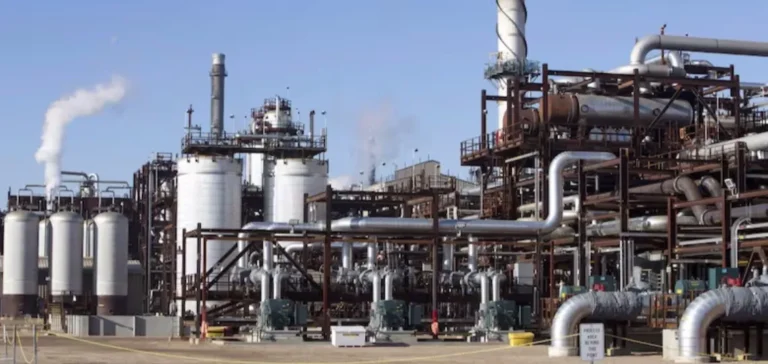A new training programme has been launched in Canada to develop professional skills in the field of carbon capture and storage (CCS). Led by geoLOGIC systems ltd. in partnership with Carbon Management Canada, this free initiative targets engineers, geoscientists, technologists and professionals from sectors such as oil, gas, power generation, cement, iron and steel, and chemicals.
Called the Carbon Capture Technical Micro-Credential, this 20-hour online course provides a structured introduction to CO₂ capture technologies. The programme covers process design, economic assessments, operational safety protocols and lifecycle analysis, addressing the need for specialised skills in relevant industrial sectors.
Institutional support to structure the sector
This micro-certificate is part of a broader initiative, Talent Acceleration and Career Training in Low-carbon Energy (TACTILE), led by Carbon Management Canada. The project, partly funded by the federal government’s Sustainable Jobs Training Fund, also involves the University of Calgary and the Southern Alberta Institute of Technology.
geoLOGIC contributes to this initiative through its Evaluate Energy e-learning platform, which also hosts two other technical certifications: Carbon Storage Technical Essentials and Carbon Capture Advanced Concepts. The aim is to create a coherent training offer covering the different aspects of CCS.
Growing demand in heavy industrial sectors
The rapid development of carbon capture and storage projects in Canada requires a significant increase in human capacity. Several provinces have announced ambitious roadmaps integrating CCS as an industrial lever, creating immediate demand for qualified professionals.
“To achieve national goals in carbon storage, it is essential to build a pool of operational professionals,” said Bemal Mehta, Managing Director of Energy Intelligence at geoLOGIC.
Applications for the Carbon Capture Technical Micro-Credential are now open on the Evaluate Energy platform, with sessions available online on demand.






















